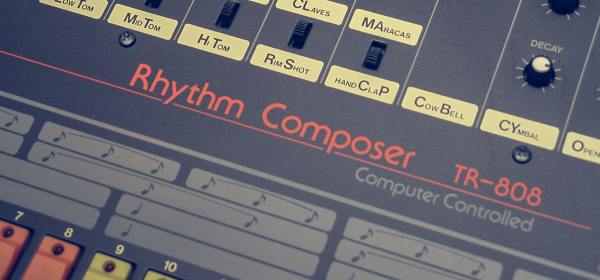The Data Drummer website has a research section that, summarises the wellbeing benefits of drumming: from improving general cognitive health, to helping control impulsive behaviour to reducing the symptoms of trauma.


The Data Drummer website has a research section that, summarises the wellbeing benefits of drumming: from improving general cognitive health, to helping control impulsive behaviour to reducing the symptoms of trauma.

A new study led by a Western Sydney University researcher has found that musical rhythms can help children with speech and language processing difficulties.

Engaging in musical activities such as singing and playing instruments in one-on-one therapy can improve autistic children’s social communication skills and increase brain connectivity in key networks.

In 2016, researchers in Marseille, France tested the efficacy of a specially-designed Cognitivo-Musical Training (CMT) method for children with dyslexia.

Researchers in Italy find that students diagnosed with Developmental Dyslexia (DD) scored high in rhythmic abilities, as measured by rhythmic pattern discrimination tests.

Professor Usha Goswami, Director of the Centre for Neuroscience in Education at the University of Cambridge, says that children can overcome dyslexia by learning nursery rhymes, dancing and singing.

This research on why beat synchronisation and language processing and reading skills are connected can only strengthen music education teaching and advocacy.

Professor Susan Hallam’s research found that regular beat-based music making sessions can improve the reading skills of 11-12 year-olds.

A School of Music professor set out to disprove the idea of a link between a students’ musical and mathematical achievement. But the results of his study proved otherwise.

Neuroscientists in Chile have found new evidence that learning to play a musical instrument may be good for the brain.

Small, rural primary school at Yahl in South Australia transformed by music.

Research by the University of British Colombia, Canada, shows that high school students who take music courses score significantly higher in other subjects than their non-musical peers.